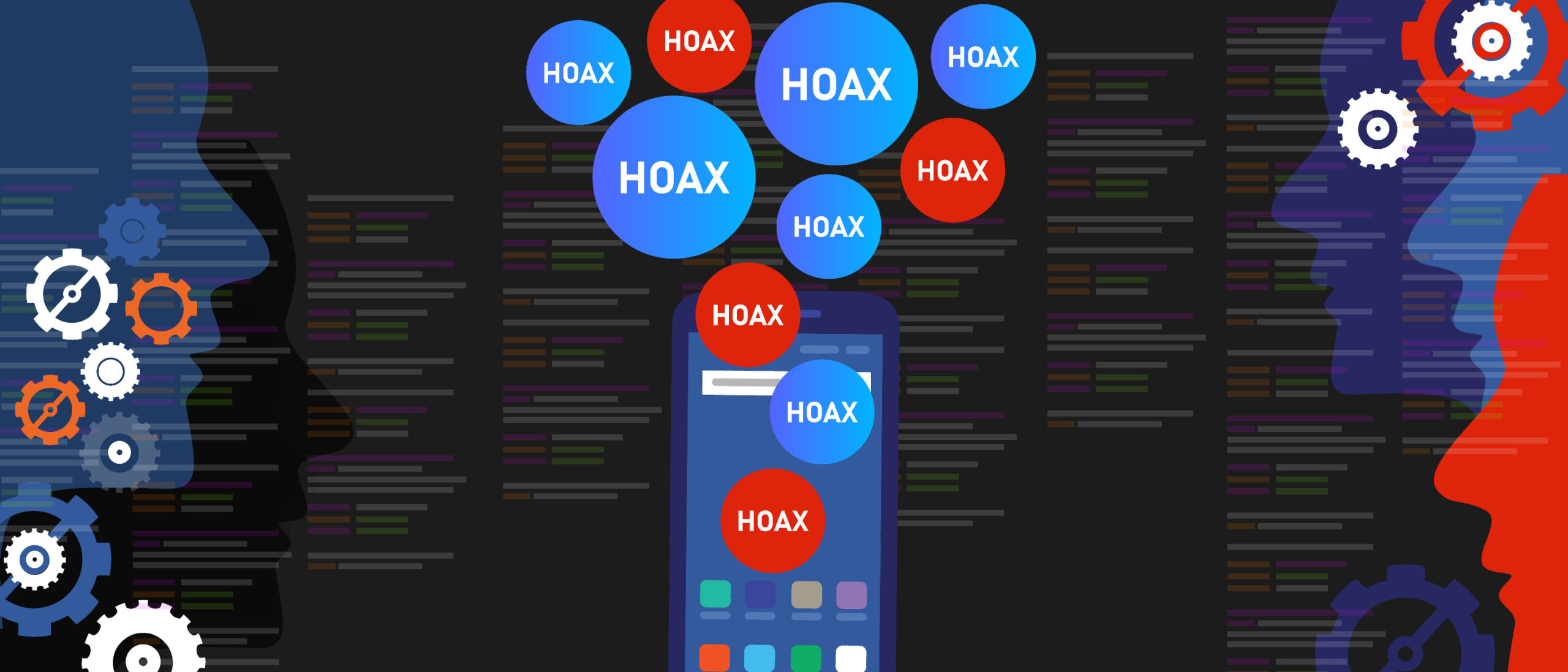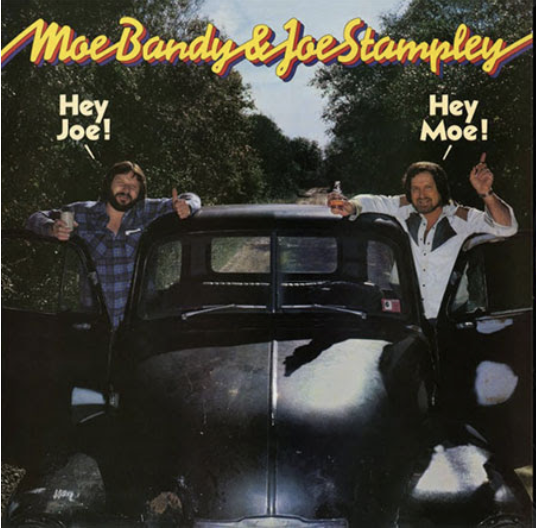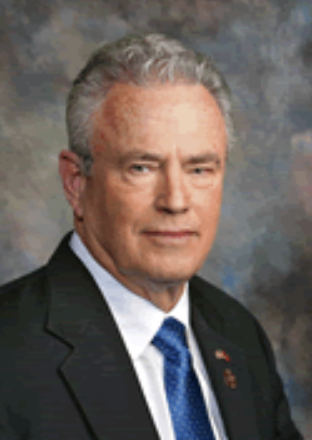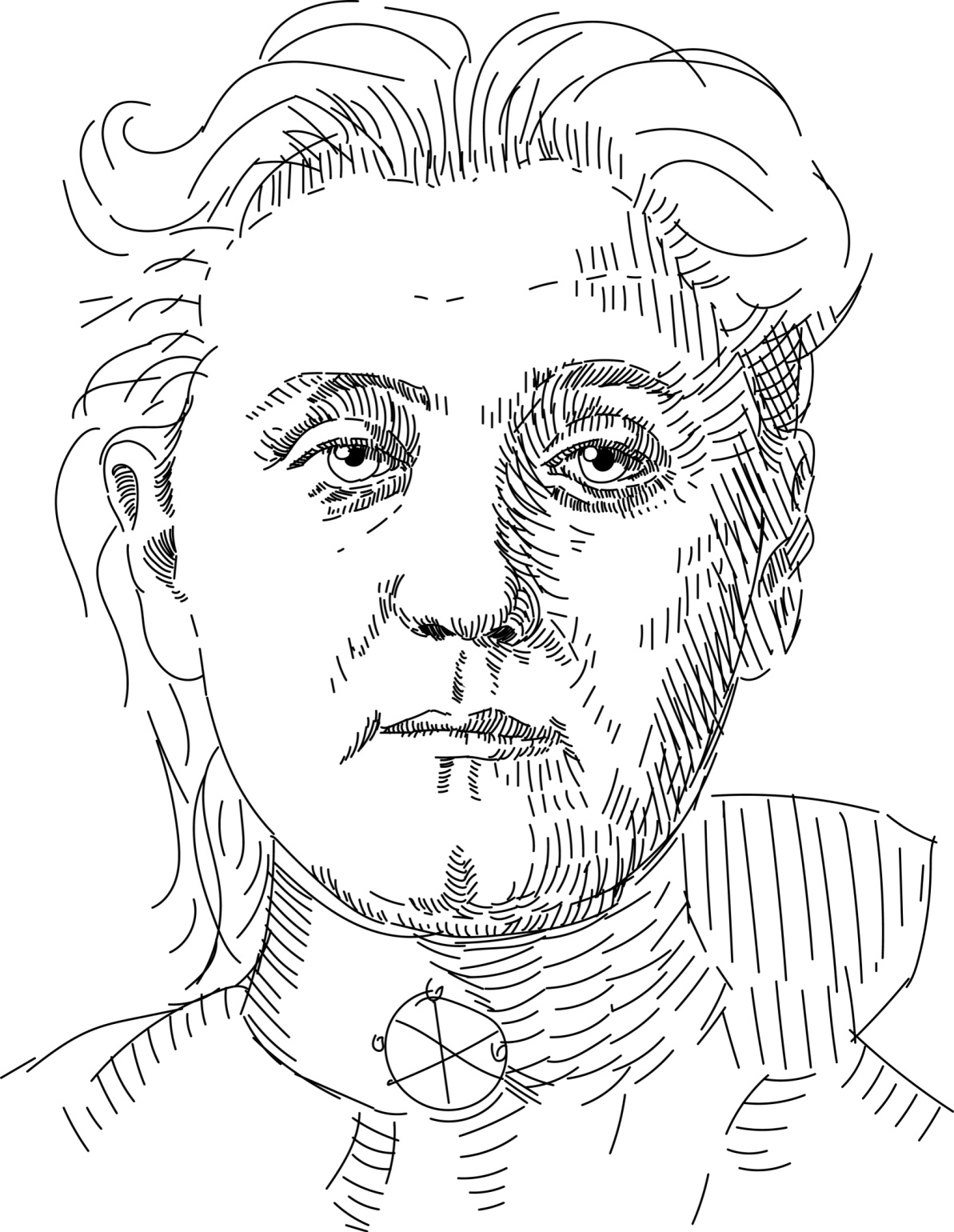Social Media, Misinformation, and the Struggle to Bridge the Gap: A National Issue for Lawmakers

As lawmakers across the country finish up their legislative sessions for the year, many are grappling with a new challenge: navigating the impact of social media on public perception. While some voters are satisfied with the laws passed, others are upset—and, increasingly, that discontent is driven by misinformation spread online.
Lawmakers in states ranging from California to Florida have noticed the same pattern: social media is fueling confusion and frustration, even among well-meaning constituents. A growing reliance on platforms like Facebook, Twitter, and TikTok for news and political discourse has led to an explosion of misinformation, distorting the public’s understanding of legislative actions.
State Senator Jack Johnson of Tennessee shared his own perspective on the issue, explaining how social media has played a role in distorting the facts for voters. At a recent Williamson County Inc Policy Talk, he stated, “I can tell you that there’s so much garbage and misinformation on these things that we carry around and we call them phones, but they really aren’t—they are little computers.” Senator Johnson’s words reflect a growing frustration among lawmakers across the country, who have seen how misinformation spreads through social media channels, influencing voter perceptions on a wide range of issues.
Senator Johnson elaborated, “They’re mad, but they don’t understand the issue.” He pointed out that many voters base their opinions on incomplete or inaccurate information, often acquired from online groups or social media discussions. “They were in a chat room, they were in a Facebook chat group, or they were in some so-called conservative group, and they meet once a week and they get to talking, and they don’t have their facts straight,” he explained. This kind of confusion is not confined to Tennessee—lawmakers across the country are noticing similar patterns where social media platforms, which allow for unchecked dissemination of information, are distorting public understanding of legislative decisions.
This trend is evident across the country, with lawmakers noting that misinformation has become a major driver of public anger and confusion. Social media platforms, while valuable for connecting with voters, have become a double-edged sword, amplifying the spread of misleading information about proposed legislation, policies, and the motivations behind them.
In fact, social media’s rapid dissemination of content, much of it unverified or taken out of context, has made it harder for voters to separate fact from fiction. The algorithms that power these platforms tend to reward content that elicits strong emotions, often leading to the spread of sensational stories over well-researched and balanced information. This creates an environment where voters are more likely to form opinions based on viral posts rather than the complexities of the issues being debated in legislative chambers.
The reality of this misinformation has serious consequences for lawmakers, especially as they head into elections or critical legislative sessions. In 2026, as Tennessee Governor Bill Lee prepares for his final term in office, the push for significant changes is expected to collide with an electorate that has been increasingly influenced by the information (and misinformation) swirling on social media. Lawmakers will face a complicated task: balancing the demands of voters, some of whom are misinformed or confused, with the reality of policy decisions that require careful deliberation and nuance.
Across the United States, the 2026 legislative sessions—whether in Tennessee or elsewhere—are shaping up to be a battle not just over policy, but over public perception in the age of misinformation. As social media continues to dominate the political discourse, lawmakers will have to find ways to combat the spread of misinformation while still engaging with voters in a meaningful way. The challenge of bridging the gap between fact and fiction is a national issue that won’t be going away anytime soon.
RECENT










BE THE FIRST TO KNOW
More Content By
Think American News Staff









